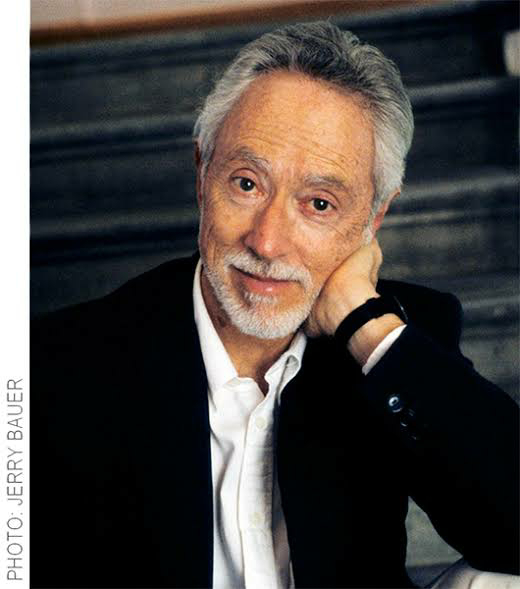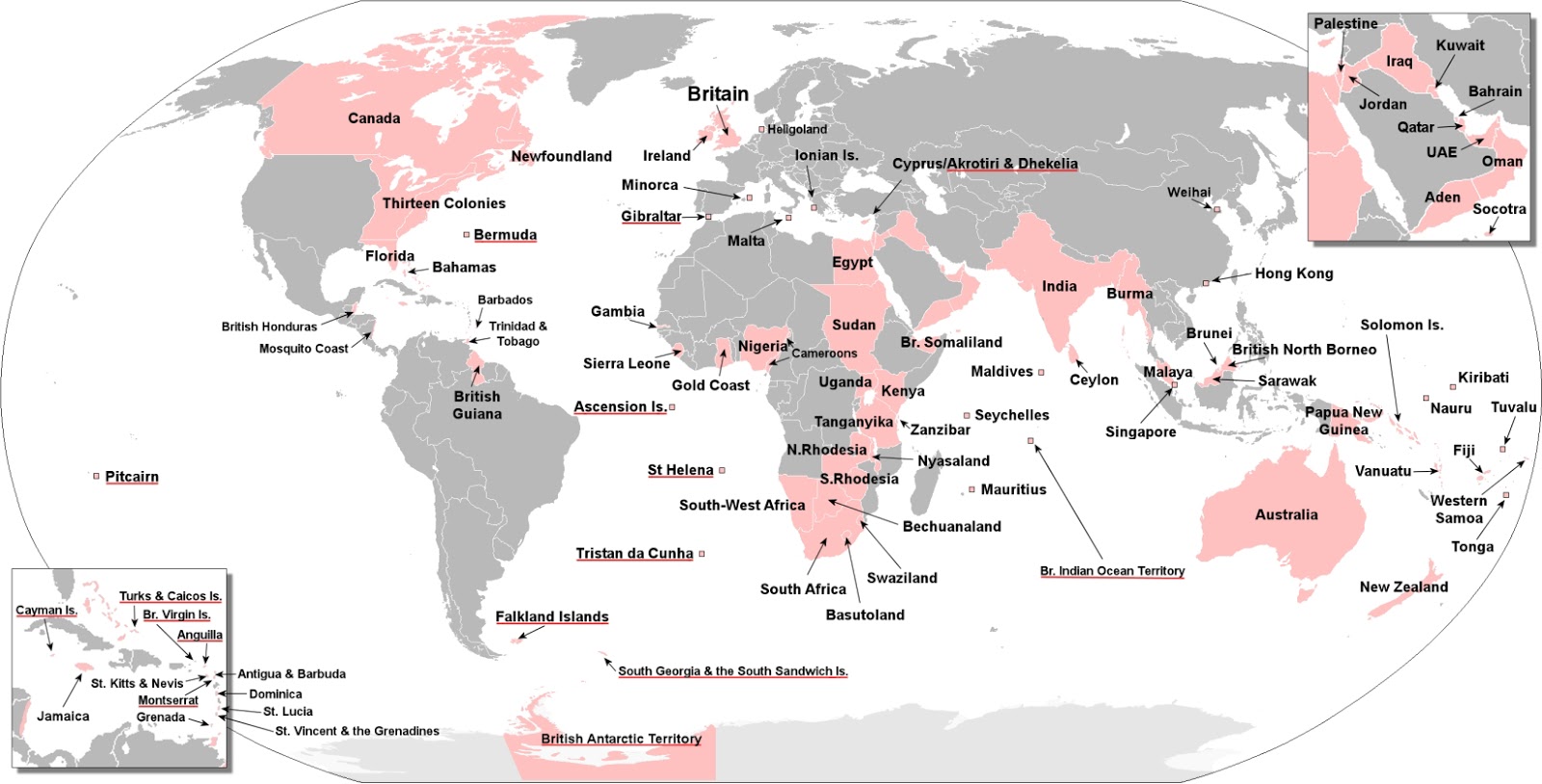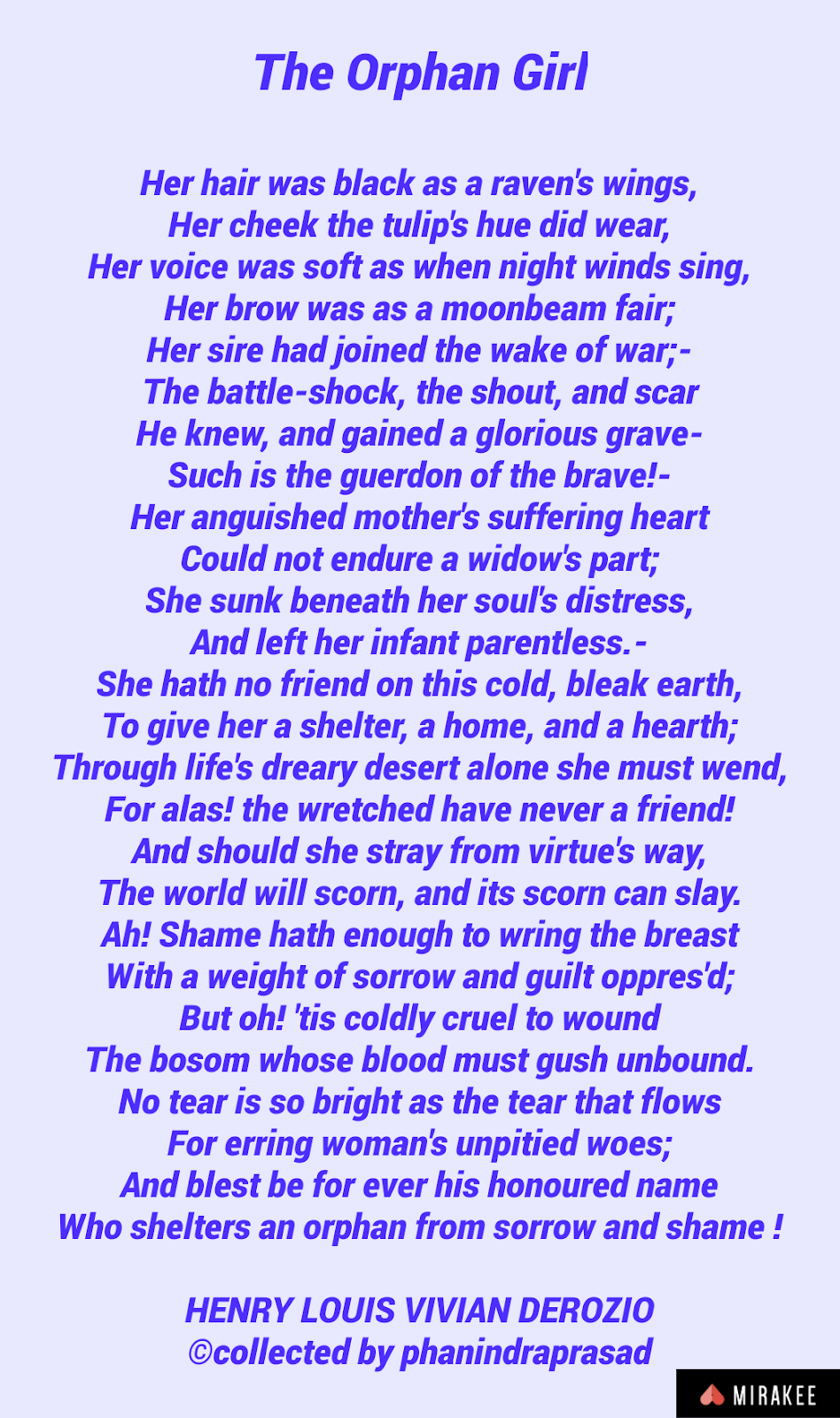Disgrace JM Coetzee

J.M Coetzee: Disgrace Disgrace is a novel by J. M. Coetzee, published in 1999. It won the Booker Prize. The writer was also awarded the Nobel Prize in Literature four years after its publication. Characters: David Lurie twice-divorced professor of Communications at Cape Technical University in Cape Town South Africa,fifty-two years old. Soraya prostitute that Lurie has visited weekly for over a year. Melanie Isaacs student in Lurie's Romantics course who charges a sexual harassament complaint against him after having sex with Lurie. Lucy Lurie's daughter who owns a farm and takes care of dogs. Lurie lives with her after he is dismissed from his position at the University. Bev Shaw woman who runs the animal shelter and with whom Lurie has an affair. Bill Shaw Bev's husband, who sees Davis Lurie as his friend Petrus African who works for Lucy Mr. Isaac Melanie's father whom Lurie apologizes to after the incident. Pollux one of the three South Africans who rape



